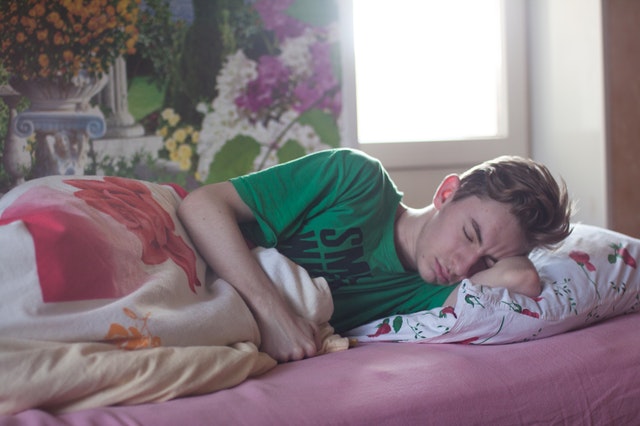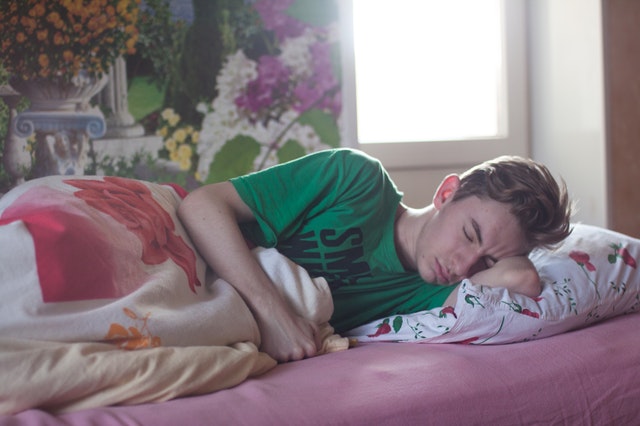
Many of today’s teens aren’t getting enough rest. With the popularity of social media, online games and streaming music and video services, there’s just not enough time in the day to do it all and also fit in all the necessities of life – like sleep, for instance.
According to a National Poll on Children’s Health conducted by C.S. Mott Children’s Hospital, 43% of parents reported teens who have sleep troubles, and more than half of these parents think electronics are to blame.
They may, indeed, be right, but another poll determined that three out of four of today’s teens also suffer from anxiety, and the nasty one-two punch of anxiety and sleep deprivation can spell big trouble for your teenager.
Restless in America
With poor sleep being one of the major signs of anxiety in today’s teens, and anxiety leading to a lack of sleep, parents need to combat this classic “chicken or the egg” scenario first, but finding the granular reasons for the anxiety/poor sleep combo is a good way to formulate a plan for a better night’s sleep.
The “social” aspect of those social media late nights is a key factor in keeping teens awake. Everyone wants to know how many likes they got or if their crush is dating anyone. This teen angst is nothing new, but far more accessible with electronics.
Educational and athletic stressors (e.g., a big test or a big track meet in the morning) are still heavily reported as reasons for sleep deprivation as well, and though not directly related to electronics, these stressors can be reasons teens reach for their phones to try to think about something else for a while.
Ultimately, limiting these granular stressors can prevent the anxiety spiral from getting worse.
The Risks of Restlessness
The social and educational stress teens feel is nothing new, but the Mott Poll mentioned earlier has determined that restlessness can be directly related to irritability and moodiness, a lack of attention span, and ultimately a loss of friends due to the mood swings.
Further down the preverbal spiral, this restlessness has been proven to increase auto accidents for teen drivers and sleep deprivation has also been cited as a predecessor to health issues such as obesity and depression.
Limiting these stressors in teens is not only good for their minds, but also for physical health.
Helping Your Teens Get a Good Night’s Rest
Simply banning electronics in the bedroom not only prevents teens from checking their Snapchat feeds, but it also reduces light and sounds in the room, both resulting in a more relaxing sleep environment and an easier means of maintaining a regular sleep schedule. Though it may seem contradictory, limiting naps and establishing a regular wake-up time are great ways to improve a regular sleep schedule and ultimately reduce stress and anxiety.
A healthy diet has also proven to increase sleep, as well as an increase in physical activity and time spent outside, and medication is an option as well, but most parents believe over-the-counter drugs are not good for teens and a doctor should always be consulted before any sort of regular medication schedule would start.
When All Else Fails
When Mom or Dad simply can’t figure out why their teen is having sleep issues that are or could ultimately lead to much more important issues, an applied behavior analyst may be a good option for righting the wrongs of anxiety and sleep deprivation in teens.
If the above tips simply aren’t fixing the issues, the issues could be signs of psychological issues that require professional help and behavior analysts will be able to determine the deeper issues causing the anxiety, and these analysts can offer more unique means of getting troubled teens on the right sleep track.











